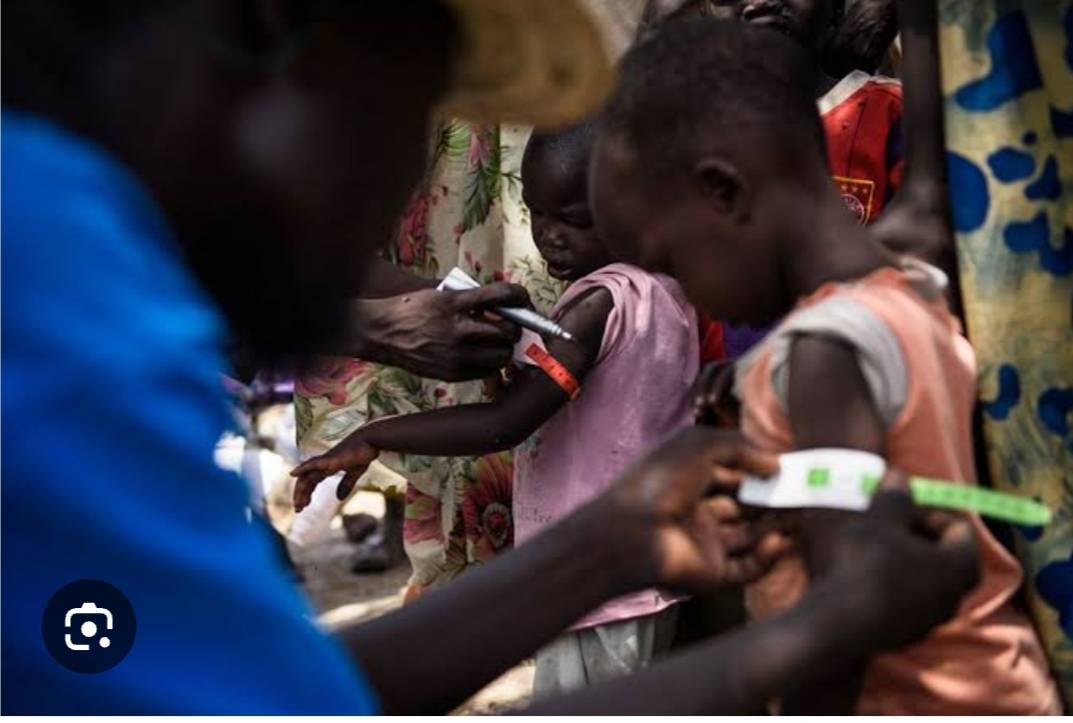Foundation Warns of Rising Malnutrition in Nigeria
A prominent humanitarian foundation has issued a stark warning about the worsening malnutrition crisis in Nigeria, raising alarms over the deteriorating health conditions of millions of children and vulnerable populations across the country.
In a recent statement, the foundation revealed that the rate of malnutrition in Nigeria has reached an alarming level, with millions of children under five suffering from stunting, wasting, and other forms of nutritional deficiencies. The organization attributes this rising trend to a combination of persistent food insecurity, inflation, conflict, climate-related shocks, and underfunded health systems.
A Growing Crisis
According to the foundation’s report, over 12 million Nigerian children are currently malnourished, with over 2 million suffering from severe acute malnutrition (SAM)—a life-threatening condition that requires immediate medical attention. The crisis is most severe in the country’s northern regions, where insecurity and displacement caused by insurgency have disrupted agricultural activities and access to basic services.
“Every day, we are witnessing more children coming into our nutrition centers severely underweight and at risk of dying,†said Dr. Mariam Yusuf, a senior health coordinator at the foundation. “Many of them arrive with sunken eyes, swollen bellies, and dangerously low energy levels—all signs of critical malnutrition. Without swift intervention, these children may not survive.â€
Economic Strain and Food Insecurity
The foundation points to Nigeria’s ongoing economic challenges as a major contributor to the crisis. With inflation driving up the cost of basic food items, many families are unable to afford the balanced diets necessary for healthy growth. Staple foods such as rice, maize, and protein-rich sources have become increasingly inaccessible to low-income households.
The situation is compounded by reduced agricultural productivity, flooding, and droughts—disasters worsened by climate change. In the northeast, insecurity continues to hinder food production and distribution, leaving millions dependent on humanitarian aid that is often insufficient.
Call for Action
The foundation is urging the Nigerian government, international partners, and stakeholders in the nutrition sector to intensify efforts to combat the crisis. It advocates for increased funding for community-based nutrition programs, the scale-up of ready-to-use therapeutic foods (RUTF), and expanded outreach to rural and conflict-affected areas.
“Investing in child nutrition is not only a moral imperative but also a development priority,†Dr. Yusuf emphasized. “A malnourished child is more likely to drop out of school, earn less as an adult, and suffer from chronic illnesses throughout life. The long-term impact on our national productivity and development is enormous.â€
The foundation also recommends strengthening maternal and child healthcare services, promoting exclusive breastfeeding for infants, and integrating nutrition into other sectors like education, agriculture, and social protection.
Urgency Amid Funding Gaps
Despite the growing needs, humanitarian agencies continue to face funding shortages. The United Nations recently reported that only a fraction of the funds required to address malnutrition in Nigeria has been secured. As a result, many nutrition programs are at risk of being scaled back or shut down entirely.
“We are racing against time,†said Dr. Yusuf. “If we don’t act now, we risk losing thousands of children to a completely preventable cause. The future of Nigeria depends on the health and wellbeing of its children.â€
The foundation’s warning serves as a wake-up call to leaders and policymakers to prioritize nutrition and address the root causes of hunger and poverty. With coordinated action and sustained investment, the foundation believes that malnutrition can be significantly reduced, and Nigeria can pave the way for a healthier, more prosperous generation.




No comments yet
Be the first to share your thoughts!